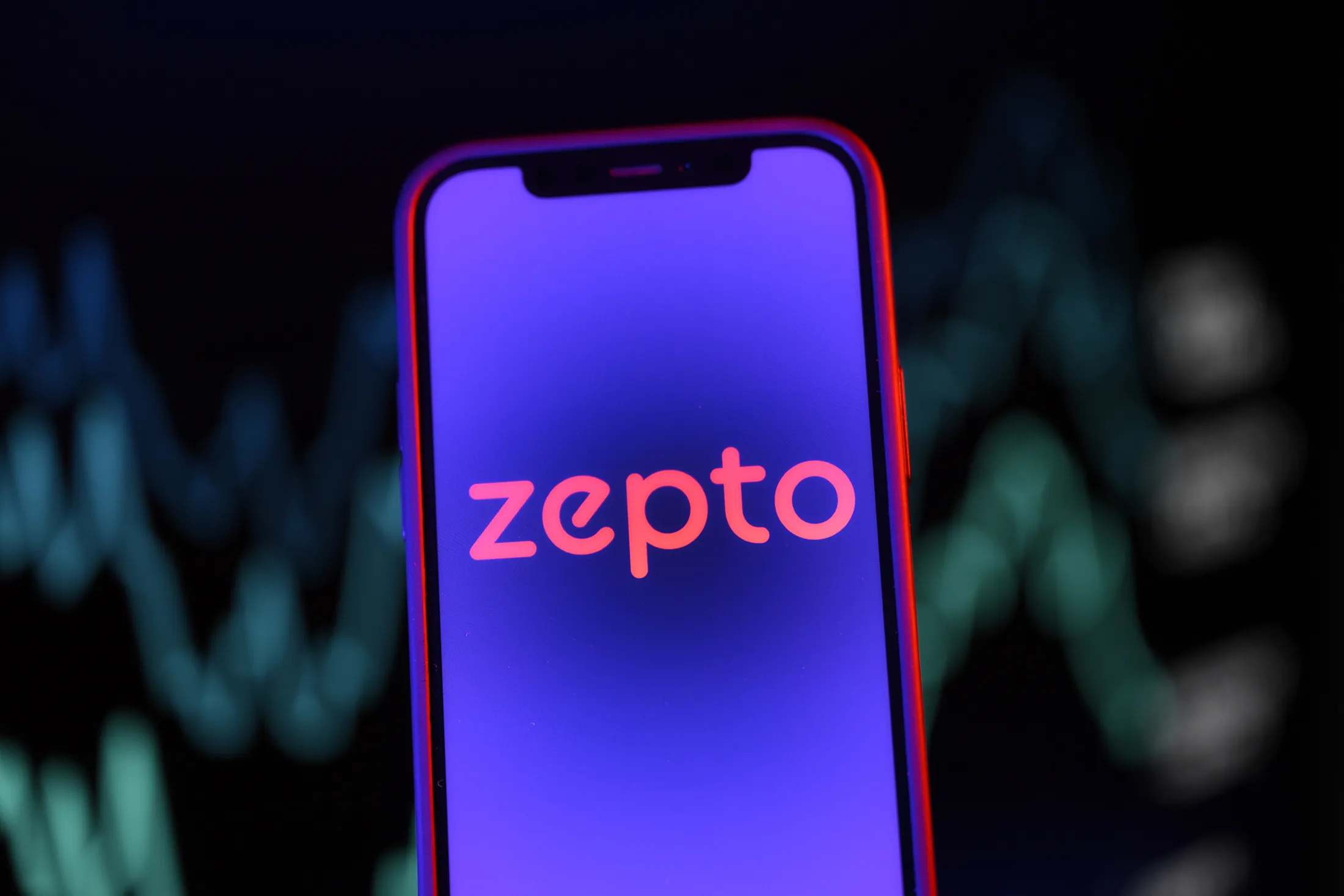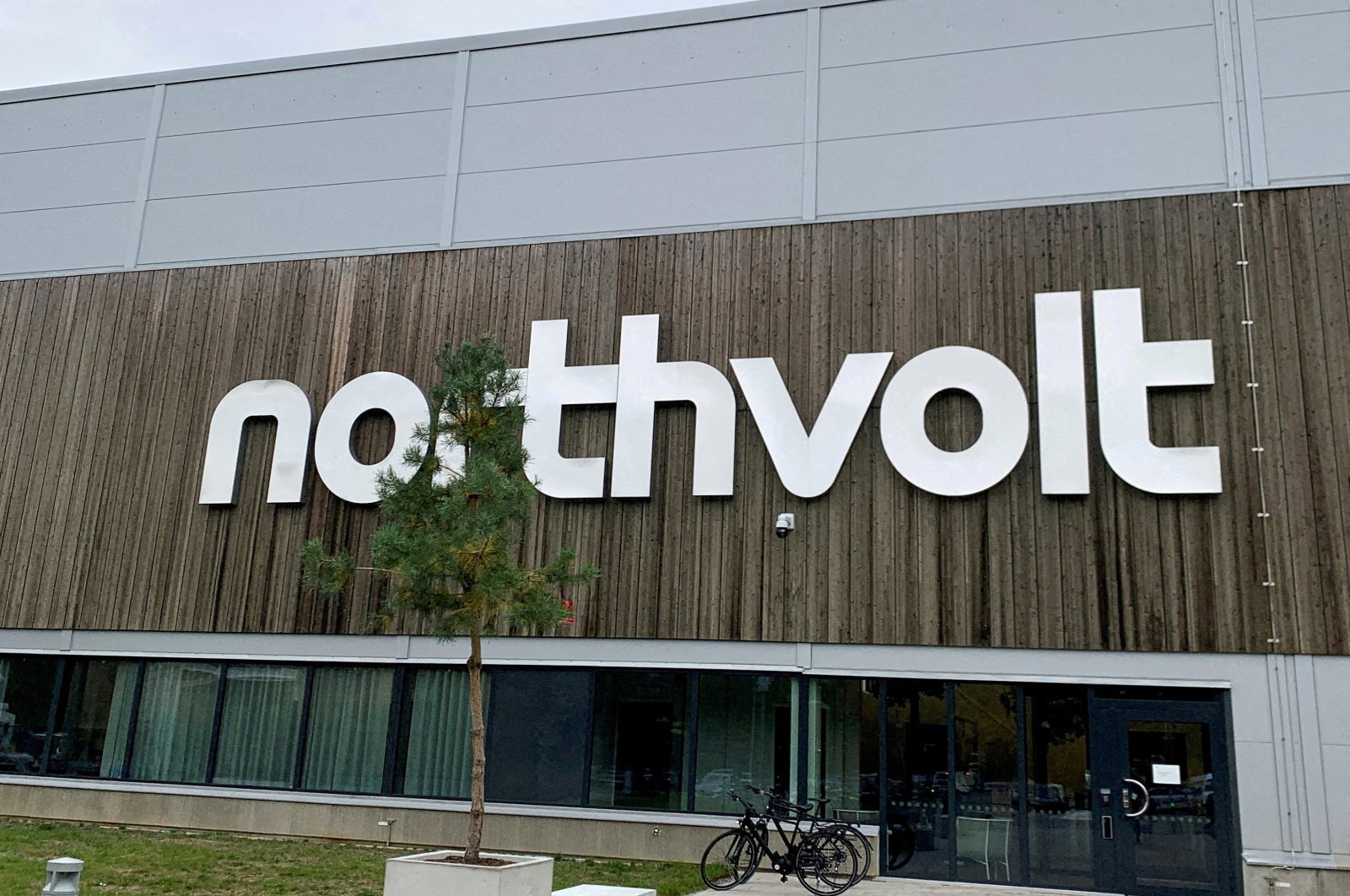Zepto raises $350 million in its third funding round in six months to bolster its position against rivals ahead of a planned IPO next year
The round included investments from Indian family offices, wealthy people, and asset manager Motilal Oswal. This keeps Zepto’s valuation at $5 billion. Amitabh Bachchan and Sachin Tendulkar, along with the family offices of Mankind Pharma, RP-Sanjiv Goenka, Cello, Haldiram’s, Sekhsaria, and Kalyan, participate in this new investment. It is also the largest fully domestic primary round in India.
Zepto is making a concerted effort to attract Indian investors to its capital table, given that individuals from outside India currently own over two-thirds of the company. Last month, TechCrunch was the first to report on the planned new round. Since June, the startup with its headquarters in Mumbai has collected more than $1.35 billion.
This year, quick-commerce sales in India are expected to exceed $6 billion. Quick-commerce refers to the delivery of groceries and other items to customers’ doorsteps within 10 minutes. Morgan Stanley thinks the market will be worth $42 billion by 2030, which is 18.4% of all online shopping and 2.5% of all retail sales. Large companies such as Flipkart, Myntra, and Nykaa have been forced to reduce their delivery times due to the competition from delivery apps, which are experiencing significant growth potential.
Quick commerce hasn’t really taken off in most parts of the world, but it seems to be working really well in India, where there are lots of unorganized shops.
Morgan Stanley said in a note this month that quick-commerce sites are making “parallel commerce for convenience-seeking customers” in India.
Zepto and its competitors, such as Zomato-owned Blinkit, Swiggy-owned Instamart, and Tata-owned BigBasket, have lower profit margins than traditional stores. Morgan Stanley predicts that by 2030, market leaders will have contribution margins of 7% to 8% and adjusted EBITDA margins of more than 5%. Many individuals familiar with the figures report that Zepto currently spends approximately $35 million per month.
According to an investor presentation that TechCrunch looked at, Zepto is on track to make $2 billion in sales every year. Every day, Zepto serves over 7 million orders across more than 17 locations. CEO Aadit Palicha told investors in August that the company expects to grow by 150% in the next 12 months. The company wants to go public in India next year.
However, the rapid growth of online shopping has negatively impacted mom-and-pop stores, which are prevalent in thousands of Indian cities, towns, and villages.
The All India Consumer Products Distributors Federation says that in the past year, about 200,000 neighborhood stores have closed. Of these, 90,000 were in big towns where people tend to shop more quickly.
The Federation claims that if the government doesn’t intervene, more neighborhood stores will be forced to close, as quick-commerce platforms prioritize growth over environmentally friendly practices.
Zepto said that it has given hundreds of thousands of gig workers a way to make money. Palicha said in a statement, “From the very beginning, our goal has been to play a small part in building the country, create lakhs of jobs, and give Indian customers better services.”
Regulatory problems are on the horizon. Currently, an inventory model is only applicable to e-commerce businesses that have a majority ownership from an Indian individual or company. Right now, quick-commerce companies are not following these rules.



